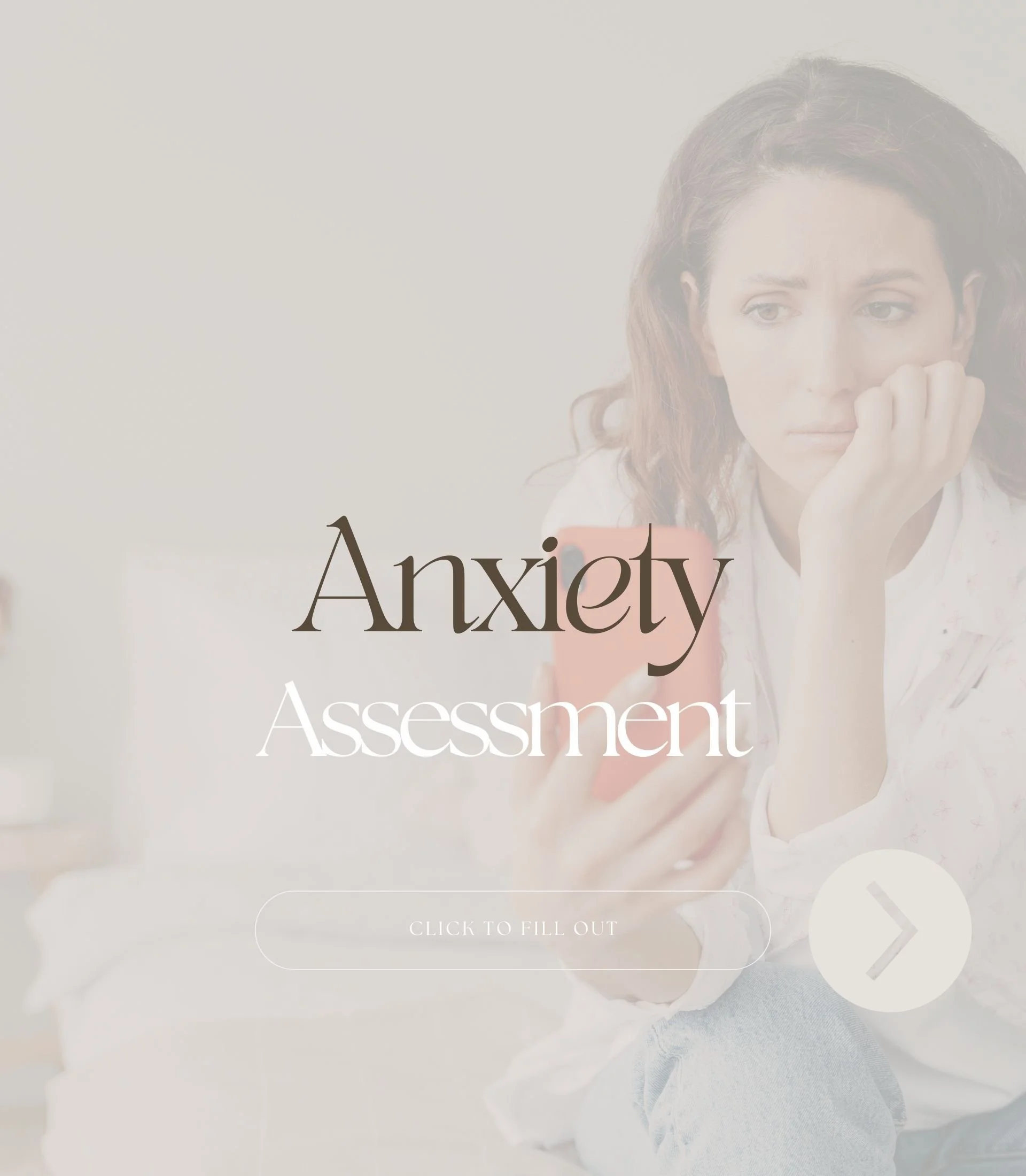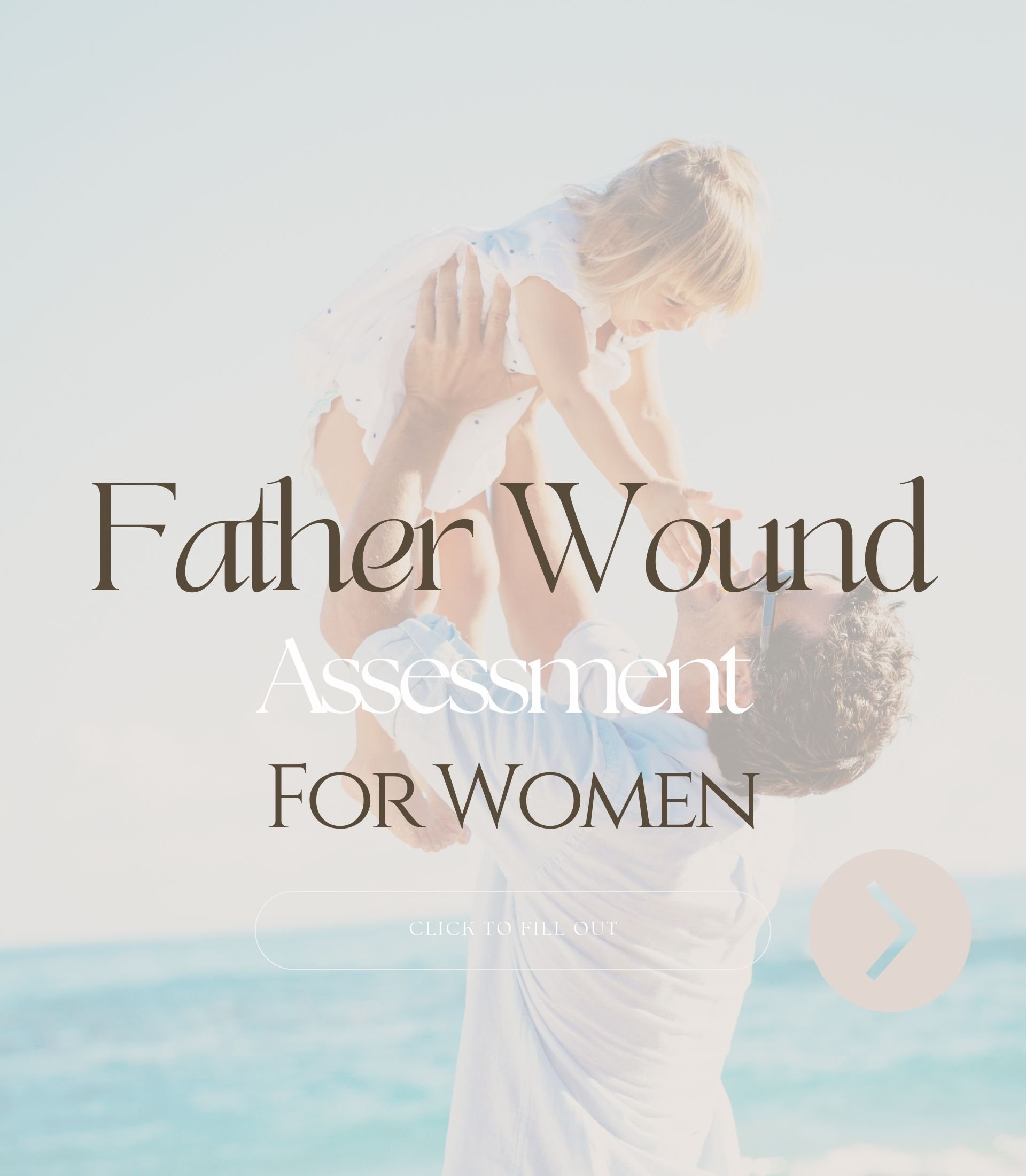
Therapy Forms
Insightful assessments to inform clients’ personalized healing
Embarking on a journey of self-discovery is a transformative process that leads to deep fulfillment, inner freedom and happiness.
Our tailored assessments are designed to illuminate
how past experiences shape your present life.
Each assessment or quiz offers personalized insights, guiding you toward healing and empowerment.
Adverse Childhood Experiences
(ACEs) Questionnaire
The ACEs assessment identifies exposure to various forms of childhood trauma, such as physical, emotional, or sexual abuse, and household challenges like substance abuse or mental illness. It helps assess the potential long-term effects on health and behavior.
Childhood Trauma
Questionnaire (CTA)
Focusing on adverse childhood experiences, this assessment includes questions about instances of abuse, neglect, or household dysfunction during formative years. It aims to understand the impact of these experiences on current well-being.
Depression (PHQ-9)
Assessment
Designed to identify signs and the severity of depression, this form includes questions regarding persistent sadness, loss of interest in daily activities, changes in appetite or sleep patterns, and feelings of hopelessness.
Post-Traumatic Stress Disorder
(PTSD) Assessment
The PTSD assessment focuses on experiences related to traumatic events, exploring symptoms such as flashbacks, nightmares, emotional numbness, and heightened alertness. Questions aim to determine how these symptoms impact daily functioning.
Complex Trauma
(CPTSD) Assessment
Building upon standard PTSD criteria, the CPTSD form examines additional symptoms like emotional dysregulation, negative self-concept, and interpersonal difficulties resulting from prolonged or repeated trauma.
Generalized Anxiety Disorder
(GAD-7) Assessment
The Anxiety assessment evaluates the presence and severity of anxiety symptoms by asking about feelings of nervousness, restlessness, and excessive worry. Questions may also address physical manifestations like rapid heartbeat or muscle tension.
Father Wound in Women
Assessment
Uncover how your relationship with your father has influenced your self-esteem and romantic choices. This insightful quiz is designed to help you identify patterns and embark on a path toward healthier relationships and self-discovery.
Father Wound in Men
Assessment
Explore the impact of your father's presence or absence on your confidence and personal relationships. Take this revealing assessment to gain clarity and initiate steps toward emotional strength and fulfilling connections.
Trauma Resilience
Assessment
Evaluate your capacity to adapt and thrive amidst life's challenges. This quiz sheds light on your resilience factors, empowering you to build a stronger foundation.
Mother Wound in Women
Assessment
Delve into the impact of maternal relationships on your self-image and interactions. Discover pathways to healing and embracing your authentic self.
Mother Wound in Men
Assessment
Explore how maternal influences have shaped your emotional landscape. This assessment provides insights into healing and fostering balanced relationships.
Are You in a Toxic Relationship?
Assessment
Identify patterns that may be hindering your well-being. Gain clarity on relationship dynamics and take the first step toward healthier connections.
Attachment Style
Assessment
Understanding one's attachment style is pivotal in recognizing patterns in relationships and fostering personal growth. Upon completion, you'll receive a score that aligns with one of the primary attachment styles: Secure, Anxious (Preoccupied), Avoidant (Dismissive), or Disorganized (Fearful-Avoidant).
Dissociation
Assessment
Understand your coping mechanisms and their effects on your daily life. This quiz offers insights into dissociative tendencies and guides you toward grounding techniques.
Survival Style
Assessment
Uncover the adaptive strategies developed in response to early life challenges. Recognize how these patterns influence your present experiences and learn ways to foster a more integrated self.
These assessments are not clinical diagnoses but rather
a guide that provides valuable insights
to help refine our therapeutic approach and create
a customized plan tailored to
your most important needs and goals.
















